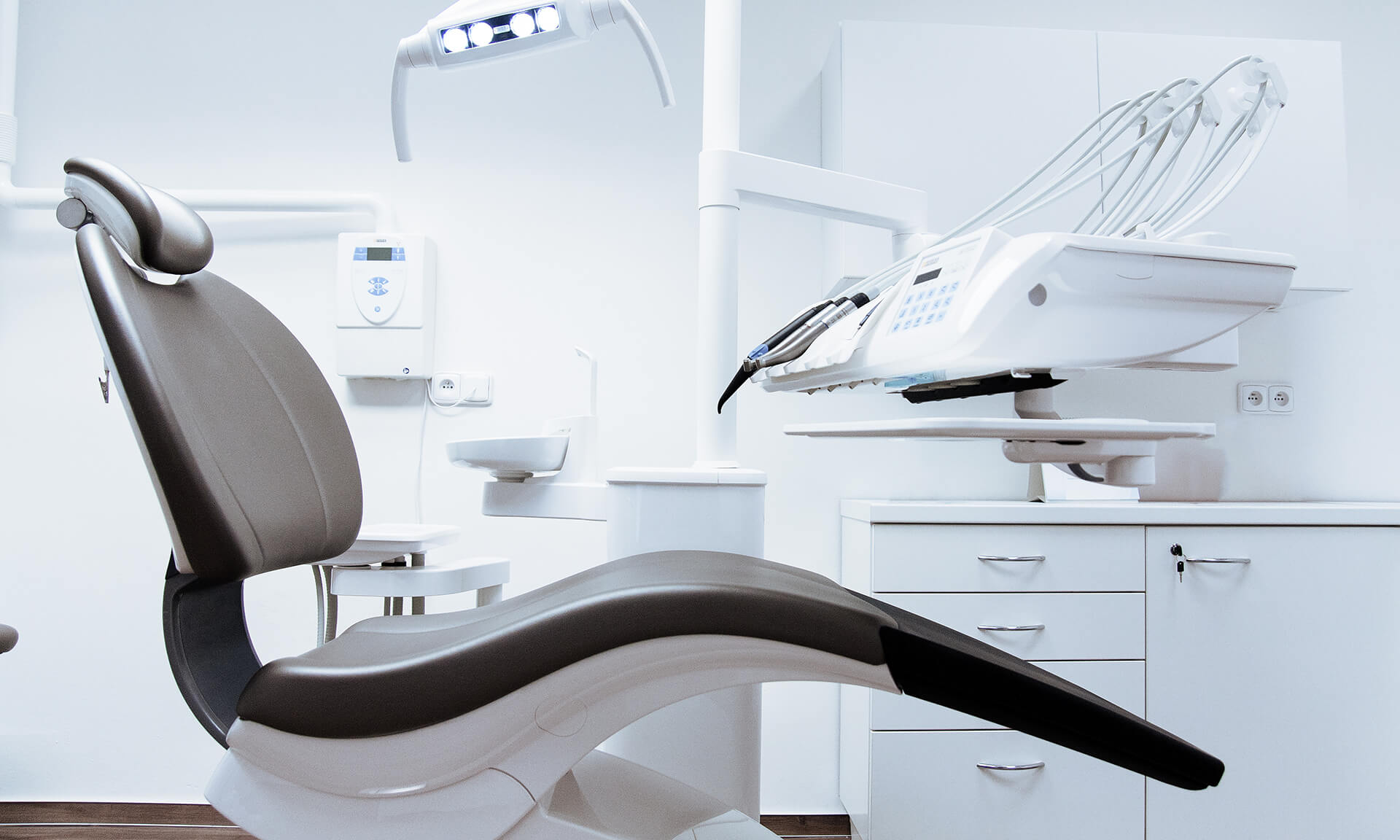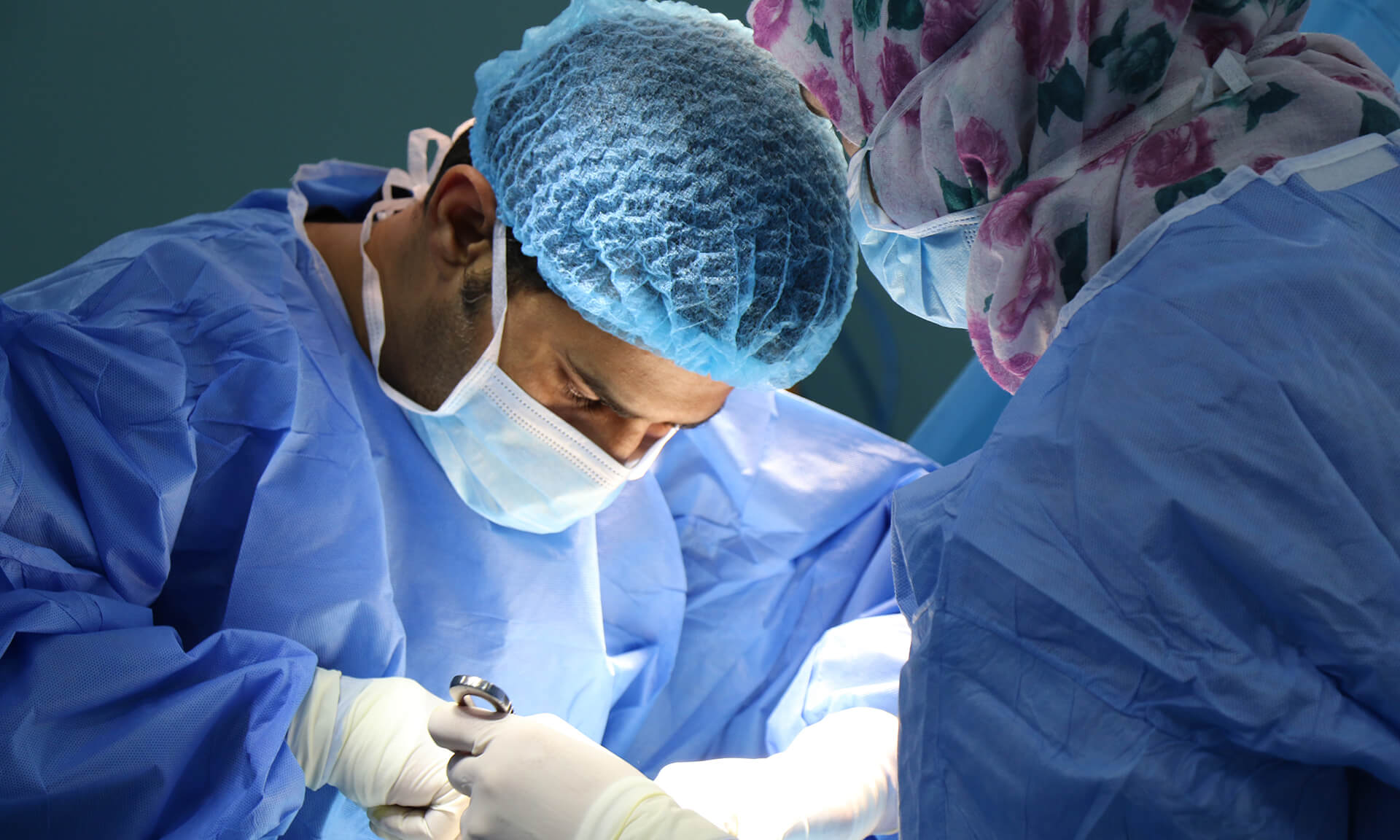24+ Years of Experience
Trusted by thousands, Dr. Debnath brings over two decades of clinical expertise in neurology and internal medicine.
Neurology Specialist
Expert in diagnosing and treating stroke, epilepsy, headache, Parkinson’s disease, dementia, and other nervous system disorders.
Comprehensive Medical Care
Combining neurology with internal medicine for holistic care — from accurate diagnosis to long-term management.
Highly Qualified
MBBS (Calcutta University), MD (Medicine), DM (Neurology) — trained under WBUHS with a strong academic foundation.
In an emergency? Need neurological help now?
If you're experiencing symptoms like sudden weakness, seizures, severe headaches, or loss of consciousness — seek expert care immediately. Dr. Anjan Debnath is here to help with urgent neurological attention.
Make an AppointmentAbout Us
Dedicated to accurate diagnosis, compassionate care, and advancing neurological wellness
Over Two Decades of Dedicated Neurological Care
I am a Consultant Neurophysician with over 24 years of extensive clinical experience. Holding an MD in General Medicine and a DM in Neurology, I specialize in neuroscience, neurocritical care, and the comprehensive management of neurological disorders.
- Specialized in accurate neurological diagnosis and patient-centered treatment plans tailored to each individual's needs.
- Expertise in managing complex neurological conditions, including stroke, epilepsy, neuroinfections, neuromuscular disorders, and critical care neurology.
- Committed to continuous medical education and staying updated with the latest advancements in neurophysiology and clinical neuroscience.
My passion lies in helping patients reclaim their lives through timely interventions, empathetic care, and evidence-based practices. I believe every patient deserves a clear understanding of their condition and a pathway to recovery that reflects dignity, respect, and excellence in care.
With a foundation rooted in both science and compassion, I strive to bridge cutting-edge neurological science with the human touch. Every recovery journey I am part of reinforces my unwavering commitment to improving lives through the power of medical neuroscience.
Years of Experience
Patients Treated
Honors & Recognitions
Patient Satisfaction Rate

Delivering Excellence in Neurological and Critical Care
With over 24 years of experience in clinical neurology, I provide advanced diagnostic insights and personalized treatment plans. My approach combines compassionate patient care with cutting-edge neurophysiological practices, ensuring optimal outcomes for every individual.
Comprehensive Diagnosis
Accurate and early identification of complex neurological disorders, including stroke, epilepsy, neuroinfections, and movement disorders.
Critical Care Expertise
Extensive experience managing neurological emergencies and providing neurocritical care in intensive care settings.
Neurophysiological Monitoring
Advanced neurodiagnostic tools including EEG, EMG, nerve conduction studies, and intraoperative monitoring for surgical precision.
Patient-Centered Care
Every treatment plan is tailored to the patient’s condition, lifestyle, and goals—ensuring dignity, clarity, and confidence throughout recovery.
Services
Comprehensive neurological care focused on accurate diagnosis, expert intervention, and personalized treatment for every patient.
Neurological Diagnosis
Expert evaluation and early detection of conditions such as stroke, epilepsy, movement disorders, neuropathies, and cognitive impairment.
Neurocritical Care
Management of life-threatening neurological emergencies including traumatic brain injury, stroke, status epilepticus, and neuroinfections in ICU settings.
EEG & EMG Diagnostics
Specialized neurophysiological testing including Electroencephalography (EEG), Electromyography (EMG), and nerve conduction studies.
Stroke Prevention & Recovery
Comprehensive stroke care—from rapid intervention to long-term rehabilitation—aimed at minimizing damage and maximizing recovery.
Epilepsy & Seizure Disorders
Accurate classification, medication management, and advanced EEG monitoring to control seizures and improve patient safety and lifestyle.
Patient-Centered Consultation
Focused sessions that educate and empower patients with a clear understanding of their neurological condition, treatment choices, and prognosis.
MAKE AN APPOINTMENT
Schedule your consultation with ease and receive expert neurological care tailored to your needs.
Experience
Bringing over two decades of clinical expertise, academic leadership, and neurophysiological specialization to improve lives through excellence in medicine.
Assistant Professor in Neurology
Bankura Sammilani Medical College & Hospital (BSMCH), West Bengal
Serving as an Assistant Professor in the Department of Neurology, I am involved in training postgraduate students, conducting clinical neurology rounds, supervising neurodiagnostic labs, and mentoring academic research projects. I regularly engage in CME programs and interdepartmental seminars to promote collaborative learning.

Consultant Neurophysician
Over 24 years of experience in hospital-based and critical care neurology
I specialize in diagnosing and managing complex neurological disorders including stroke, epilepsy, movement disorders, neuropathies, CNS infections, and neuromuscular diseases. My work also involves acute neurological emergencies, neurorehabilitation, and interdepartmental ICU collaboration for critically ill patients.
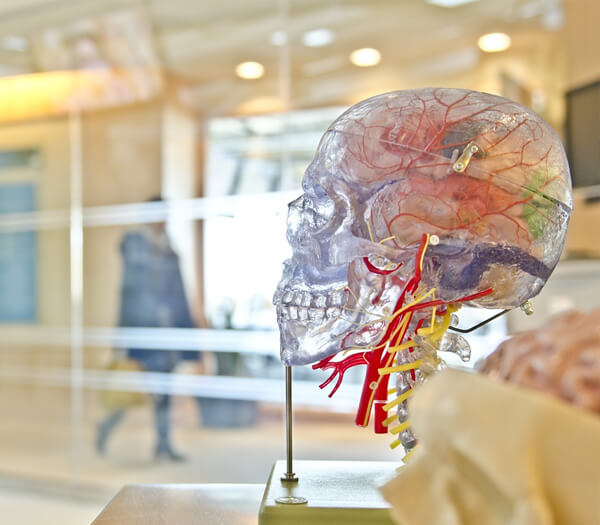
Medical Education
- MBBS – University of Calcutta
- MD in General Medicine – West Bengal University of Health Sciences (WBUHS)
- DM in Neuromedicine – West Bengal University of Health Sciences (WBUHS)
This strong academic foundation has enabled me to approach clinical neurology with analytical precision and evidence-based care tailored to each patient.
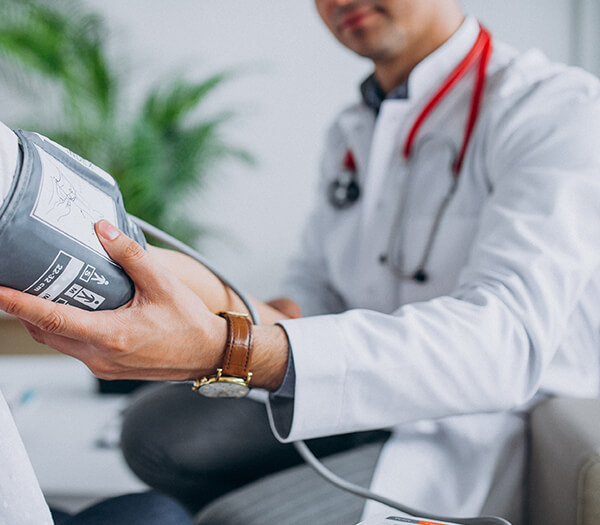
Core Neurological Skills
- Electroencephalography (EEG) & Video EEG Monitoring
- Electromyography (EMG) & Nerve Conduction Studies
- Stroke Thrombolysis & Post-stroke Rehabilitation
- Neurocritical care in ICU settings
- Neuroinfectious disease management
- Epilepsy and movement disorder clinics
I consistently apply these diagnostic and therapeutic skills in both academic settings and active clinical practice.

Research, Publications & CME
Promoting knowledge and advancing neurology through scientific inquiry
I am actively involved in ongoing clinical research projects and have contributed to multiple publications in indexed neurology journals. I have presented papers in state and national conferences, and also serve as a speaker in workshops and training modules focused on neurocritical care and stroke management.
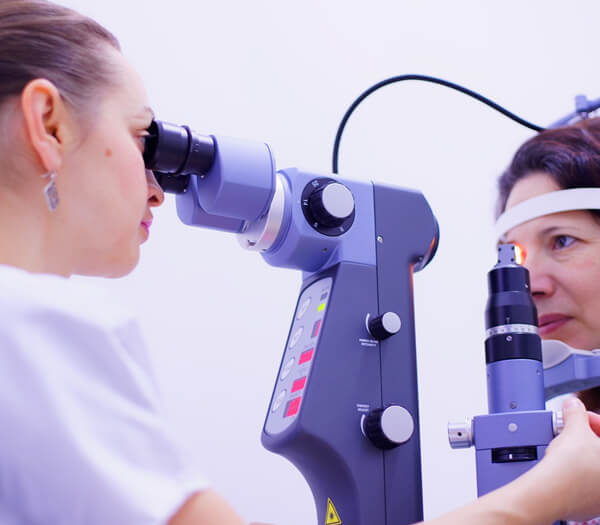
Clinics
Find the locations and timings of clinics where expert neurological care is available for consultations.

Bandyopadhyay healthcare
Thursday 9am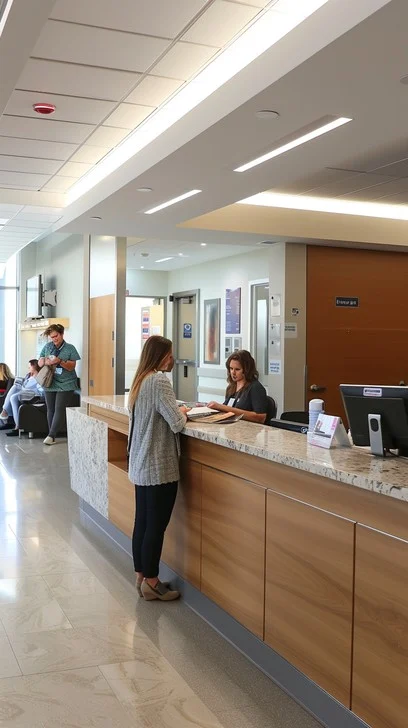
BHALO THEKO polyclinic
Thursday 10 am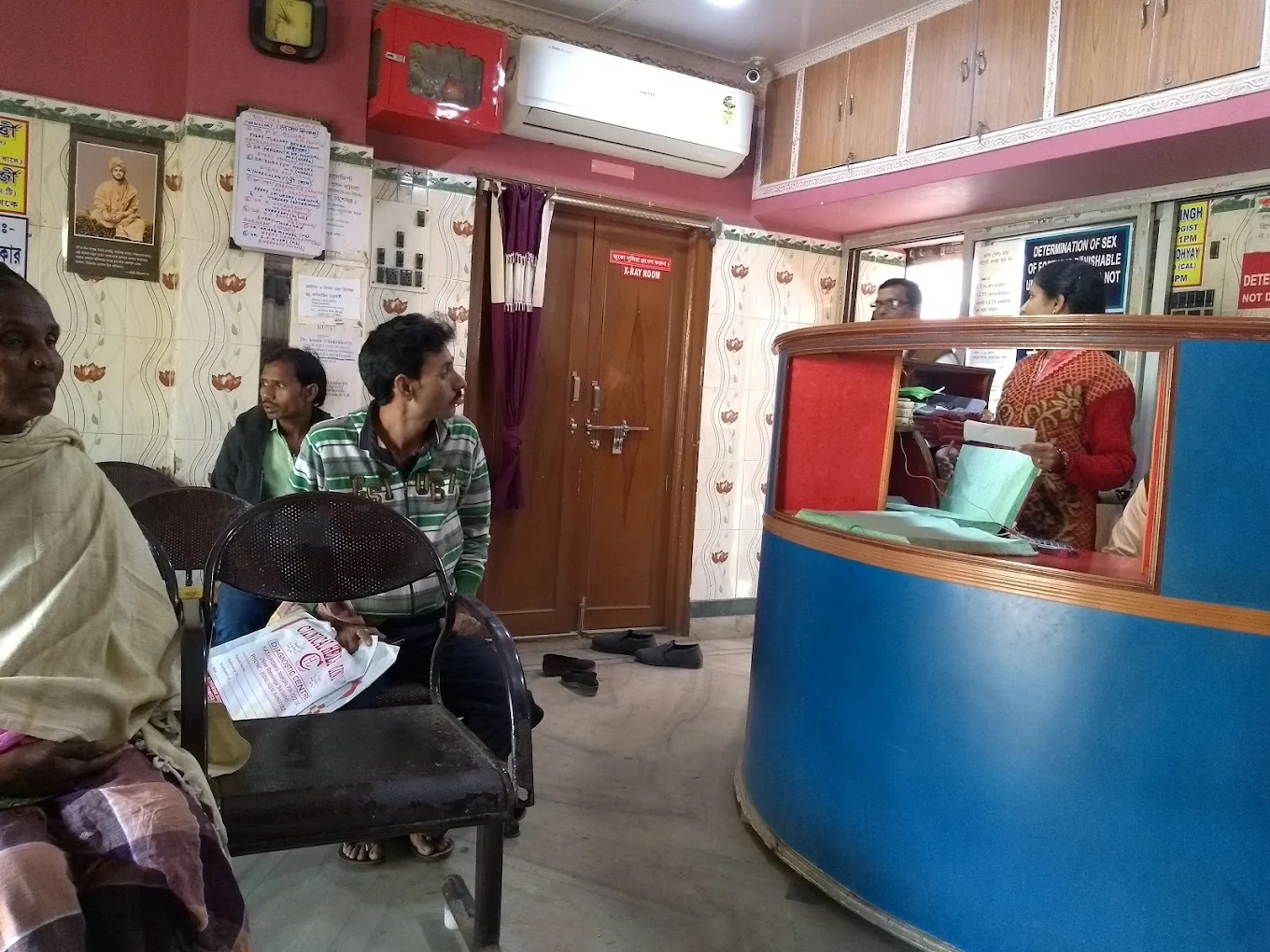
Clinical helpline
Wednesday 2pm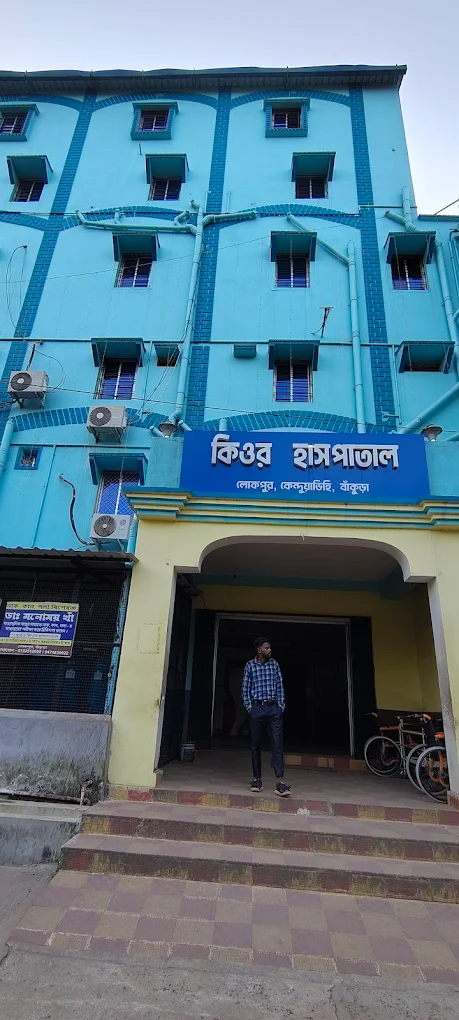
Cure nursing home
Friday 9am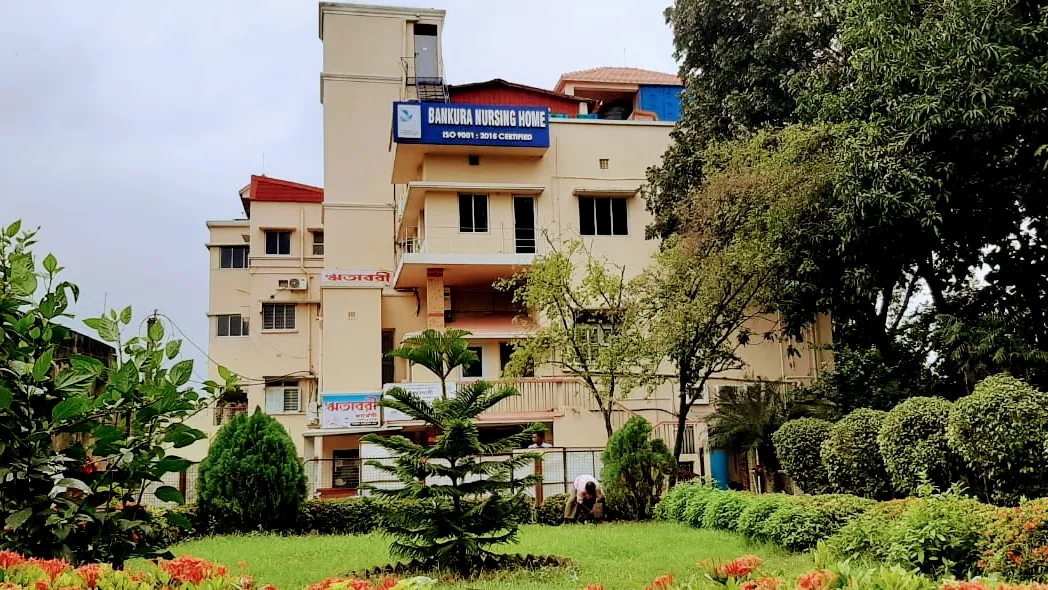
Bankura nursing home
Wednesday, Thursday 5 pm
SRISTI polyclinic
Thursday 12 noon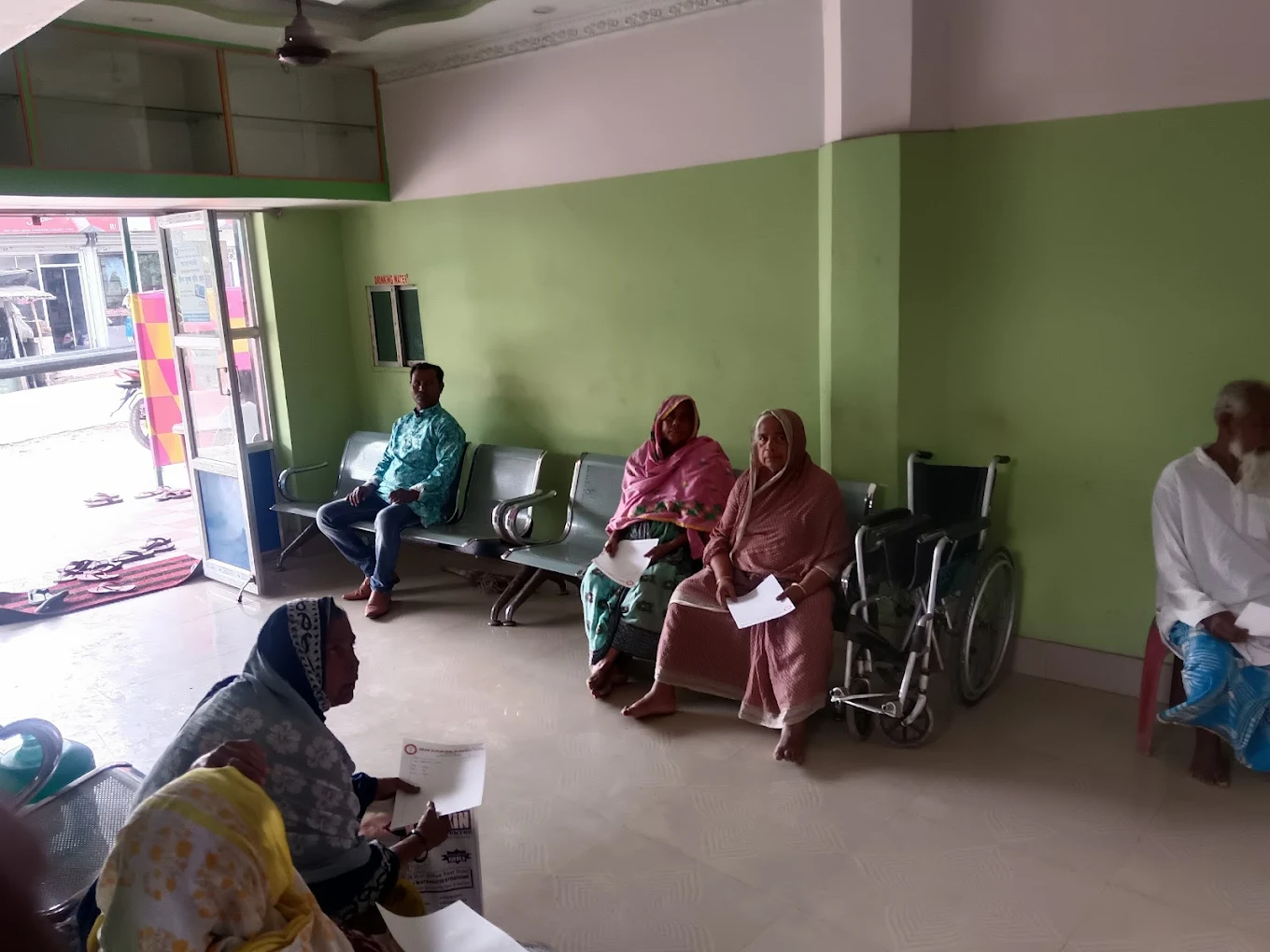
JEEBAN suraksha nursing home
Thursday 1 pm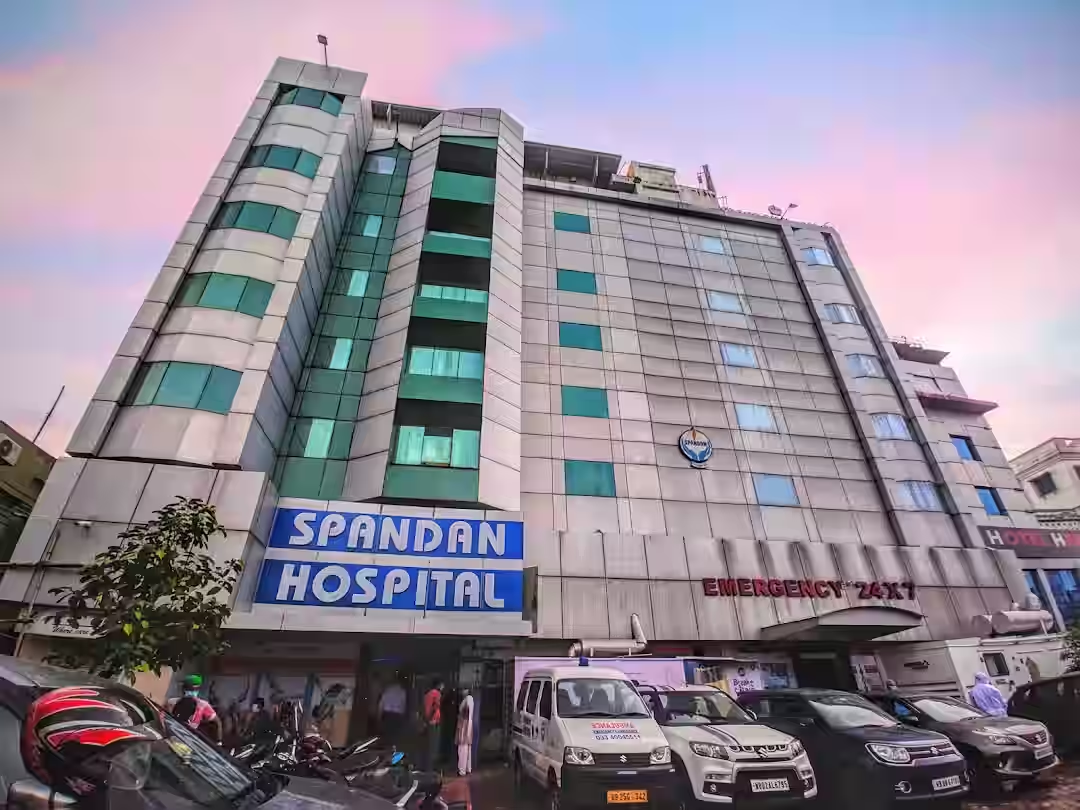
Spandan Super Speciality Clinic
Kolkata DL Khan Road - 9903554519 / 9046141005
Loknath Medical
Ranikuthi - 7044667744 / 9748420482Frequently Asked Questions
Get expert answers to your most common neurology and health-related concerns.
To avoid neurological diseases, prioritize a healthy lifestyle
• Eat a balanced diet rich in fruits, vegetables, and
omega-3 fatty acids.
• Exercise regularly to improve blood flow and reduce
stress.
• Get enough sleep (7-8 hours) to help your brain
function properly.
• Manage stress through meditation, yoga, or deep
breathing.
• Stay hydrated and limit processed foods.
• Avoid smoking and excessive alcohol consumption.
• Stay mentally active through reading, puzzles, or
learning new skills.
• Regular health check-ups can also help identify
potential issues early on.
By following these tips, you can reduce your risk.
Some health tips to help improve low back pain
• Maintain good posture: Keep your back straight and
shoulders relaxed while sitting, standing, or sleeping.
• Exercise regularly: Engage in low-impact activities like
walking, swimming, or yoga to strengthen back muscles.
• Stretch and strengthen: Focus on exercises that target
core and back muscles, such as pelvic tilts and
bridges.
• Improve your lifting technique: Bend at the knees, keep
the object close, and lift with your legs.
• Manage stress: Stress can exacerbate back pain; try
relaxation techniques like meditation or deep
breathing.
• Maintain a healthy weight: Excess weight can put strain
on your back.
• Use proper sleeping habits: Sleep on a supportive
mattress and use a pillow under your knees to reduce
strain.
• Consider physical therapy: A physical therapist can help
you develop a customized exercise program.
Remember to consult a healthcare professional for
personalized advice.
Some health tips to help get relief from migraines
• Stay hydrated: Drink plenty of water throughout the day
to prevent dehydration, a common migraine trigger.
• Maintain a consistent sleep schedule: Aim for 7-8 hours
of sleep each night to help regulate your body's internal
clock.
• Manage stress: Engage in stress-reducing activities like
meditation, yoga, or deep breathing exercises.
• Avoid triggers: Identify and avoid foods, smells, or
other triggers that can set off your migraines.
• Exercise regularly: Regular physical activity can help
reduce migraine frequency and severity.
• Eat a balanced diet: Focus on whole, nutrient-rich foods
and avoid skipping meals.
• Consider keeping a headache diary: Tracking your
migraines can help you identify patterns and potential
triggers.
• Consult a healthcare professional: If your migraines are
severe or frequent, talk to your doctor about treatment
options.
Some specific foods that may help alleviate migraines
include:
• Ginger
• Magnesium-rich foods like dark leafy greens and nuts
• Omega-3 fatty acid-rich foods like salmon and
walnuts
Remember to consult with a healthcare professional for
personalized advice on managing your migraines.
Some health tips to help prevent a brain stroke:
• Control high blood pressure: High blood pressure is a
major risk factor for stroke. Work with your doctor to
manage your blood pressure through lifestyle changes and
medication if necessary.
• Maintain a healthy weight: Being overweight or obese
increases your risk of stroke. Eat a balanced diet and
engage in regular physical activity to maintain a healthy
weight.
• Exercise regularly: Regular physical activity can help
lower your risk of stroke by improving cardiovascular
health and reducing blood pressure.
• Eat a balanced diet: Focus on whole, nutrient-rich
foods like fruits, vegetables, whole grains, and lean
proteins. Avoid foods high in salt, sugar, and unhealthy
fats.
• Manage diabetes: If you have diabetes, work with your
doctor to manage your blood sugar levels. High blood sugar
can damage blood vessels and increase your risk of
stroke.
• Don't smoke: Smoking damages blood vessels and
increases your risk of stroke. Quitting smoking can
significantly reduce your risk.
• Limit alcohol consumption: Heavy drinking can increase
your risk of stroke. If you drink, do so in moderation (up
to one drink per day for women, up to two drinks per day
for men).
• Get enough sleep: Poor sleep habits can increase your
risk of stroke. Aim for 7-8 hours of sleep per night.
• Manage stress: Chronic stress can increase your risk of
stroke. Engage in stress-reducing activities like
meditation, yoga, or deep breathing exercises.
• Get regular check-ups: Regular health check-ups can
help identify potential risk factors and allow for early
intervention.
By following these tips, you can reduce your risk of brain
stroke and maintain overall cardiovascular health
Some health tips to help manage neuropathy, including diabetic neuropathy:
• Manage blood sugar levels: For people with diabetes,
keeping blood sugar levels under control can help slow the
progression of neuropathy.
• Exercise regularly: Regular physical activity can
improve circulation, reduce pain, and promote overall
health.
• Maintain a healthy weight: Excess weight can put
pressure on nerves, so maintaining a healthy weight
through a balanced diet and regular exercise can help
alleviate symptoms.
• Eat a balanced diet: Focus on whole, nutrient-rich
foods like fruits, vegetables, whole grains, and lean
proteins to support nerve health.
• Stay hydrated: Drinking plenty of water can help
prevent dehydration, which can worsen neuropathy
symptoms.
• Avoid smoking: Smoking can damage blood vessels and
reduce blood flow to nerves, making neuropathy symptoms
worse.
• Manage stress: Stress can exacerbate neuropathy
symptoms. Engage in stress-reducing activities like
meditation, yoga, or deep breathing exercises.
• Get enough sleep: Poor sleep habits can worsen
neuropathy symptoms. Aim for 7-8 hours of sleep per
night.
• Consider physical therapy: Physical therapy can help
improve mobility, balance, and strength, reducing the risk
of falls and other complications.
• Work with your healthcare provider: Regular check-ups
with your healthcare provider can help monitor your
condition and adjust your treatment plan as needed.
Some specific nutrients that may help alleviate neuropathy
symptoms include:
• Vitamin B12: important for nerve function and
regeneration
• Omega-3 fatty acids: anti-inflammatory properties may
help reduce nerve pain
• lpha-lipoic acid: antioxidant properties may help
reduce nerve damage
• Acetyl-L-carnitine: may help support nerve function and
reduce pain
It's essential to consult with your healthcare provider
before adding any supplements to your regimen.
Some health tips for seizure disorder patients:
## Lifestyle Changes
• et enough sleep: Lack of sleep can trigger seizures.
Aim for 7-8 hours of sleep per night.
• Manage stress: Stress can trigger seizures. Engage in
stress-reducing activities like meditation, yoga, or deep
breathing exercises.
• Exercise regularly: Regular physical activity can help
reduce stress and improve overall health.
• Eat a balanced diet: Focus on whole, nutrient-rich
foods like fruits, vegetables, whole grains, and lean
proteins.
• Avoid triggers: Identify and avoid potential seizure
triggers like certain foods, lights, or sounds.
## Safety Precautions
• Wear a medical alert device: A medical alert device can
alert others to your condition in case of a seizure.
• Swim with supervision: Swimming can be safe if you have
a seizure disorder, but it's essential to swim with
someone who knows about your condition.
• Take showers instead of baths: Showers are generally
safer than baths, as it's easier to get out of the shower
quickly if you have a seizure.
• Avoid heights and heavy machinery: Certain activities
may pose a risk if you have a seizure disorder.
## Medication Management
• Take medication as prescribed: Adhere to your
medication schedule to help control seizures.
• Monitor medication side effects: Report any side
effects to your healthcare provider.
## Additional Tips
• Keep a seizure diary: Tracking your seizures can help
identify patterns and potential triggers.
• Stay connected with your healthcare provider: Regular
check-ups can help monitor your condition and adjust your
treatment plan as needed.
• Consider counseling or support groups: Seizure
disorders can have emotional and social impacts.
Counseling or support groups can provide valuable
support.
It's essential to work closely with your healthcare
provider to develop a personalized plan for managing your
seizure disorder.
Contact
If you have any questions, need medical advice, or wish to book an appointment, feel free to get in touch. I’m here to help you with your health concerns.
Address
Bankura Sammilani Medical College, Bankura, West Bengal 722102
Call Us
+91 8240455768
Email Us
dranjan2001@gmail.com


